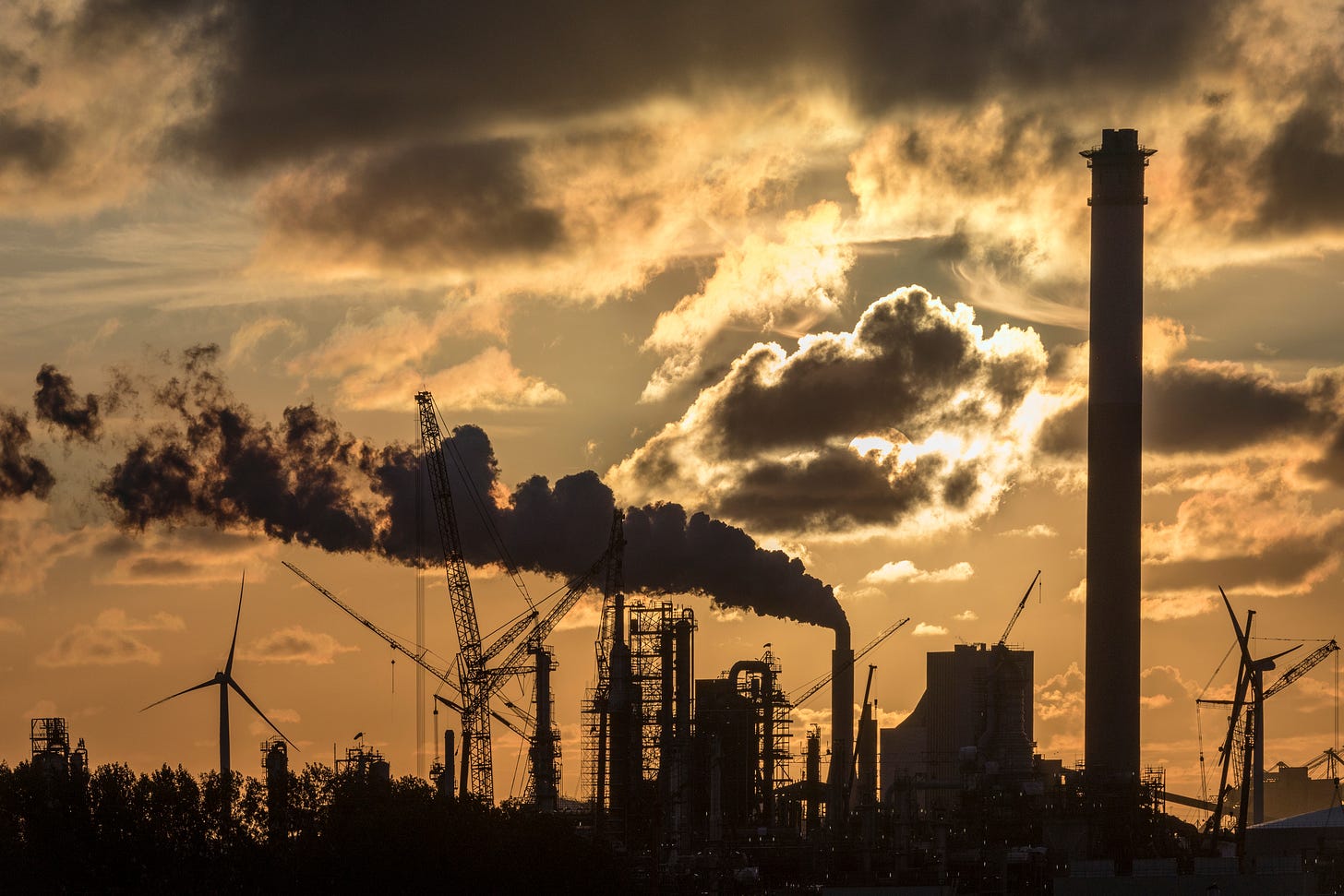The Myth of Progress
Chapter 1 of My Book: Ten Myths of Progress
This is Chapter 1 of my upcoming book, Ten Myths of Progress, a book for anyone who feels modern life grinding them down, and senses the real crisis isn't just climate, capitalism, or culture wars… but the stories that make it all seem inevitable.
I’m writing this book in public, one chapter at a time. Each new chapter drops here for paid subscribers, offering early access and a way to sustain the work of unearthing these myths together.
If what you read resonates… if you’ve ever felt the weight of “progress” bearing down on your soul, or questioned why more technology seems to leave us more disconnected, this chapter is for you.
Let’s name the myths. Break the spell.
And remember what it means to be human.
The Myth of Progress
“We have built the machine, and now it runs us.”
— Ivan Illich¹
The Myth Defined
We are taught that progress is the defining arc of history. That each generation stands on the shoulders of the last. The rise of science, technology, and industry has brought us out of darkness into light… longer lives, cleaner cities, global connection, endless knowledge in our pockets.
Progress is sold as salvation.
It’s what justifies the mines, the highways, the factories, the wars, the screens, the schedules, the loneliness. It’s what made the sacrifice of rivers and forests “worth it.” It’s the altar on which we place every inconvenience, every loss, every creeping anxiety.
But what if it’s a myth?
What if technological advancement is not the same as human improvement?
What if the future we’ve been promised isn’t just unattainable, but just plain undesirable?
What if this “progress” is leading us not forward, but over a cliff?
That smooth upward curve we’ve been trained to see when we hear the word “history” we often call the arc of progress. It’s the lie that says we’ve never had it better. That the modern world, for all its faults, is the pinnacle of human development.
But when we peel back the surface, listen to our bodies, our communities, and the land itself, we hear a different story. One where the cost of our so-called progress is not just ecological collapse, but spiritual amnesia. A forgetting of who we are, and what we belong to.
Where the Myth Came From
The myth of progress didn’t emerge overnight. It was forged over centuries through conquest, philosophy, machinery, and money, and slowly woven into the fabric of what we now call “the modern world.”
The Enlightenment promised light. It gave us science, rationality, and reason. These tools, we were told, would lift humanity from ignorance and superstition into a new age of clarity and progress. But what did that light really illuminate? With thinkers like Francis Bacon, often called one of the fathers of the modern scientific method, the way we saw the world began to shift. Nature was no longer a living community of beings to commune with… it became a machine to dissect. Bacon famously described the scientific process as a means to “put nature on the rack,” a chilling metaphor borrowed from torture chambers of his time.² Nature, in this new paradigm, was something to be interrogated, subdued, and forced to give up her secrets. Scientific observation, or conquest?
Keep reading with a 7-day free trial
Subscribe to Collapse Curriculum to keep reading this post and get 7 days of free access to the full post archives.



